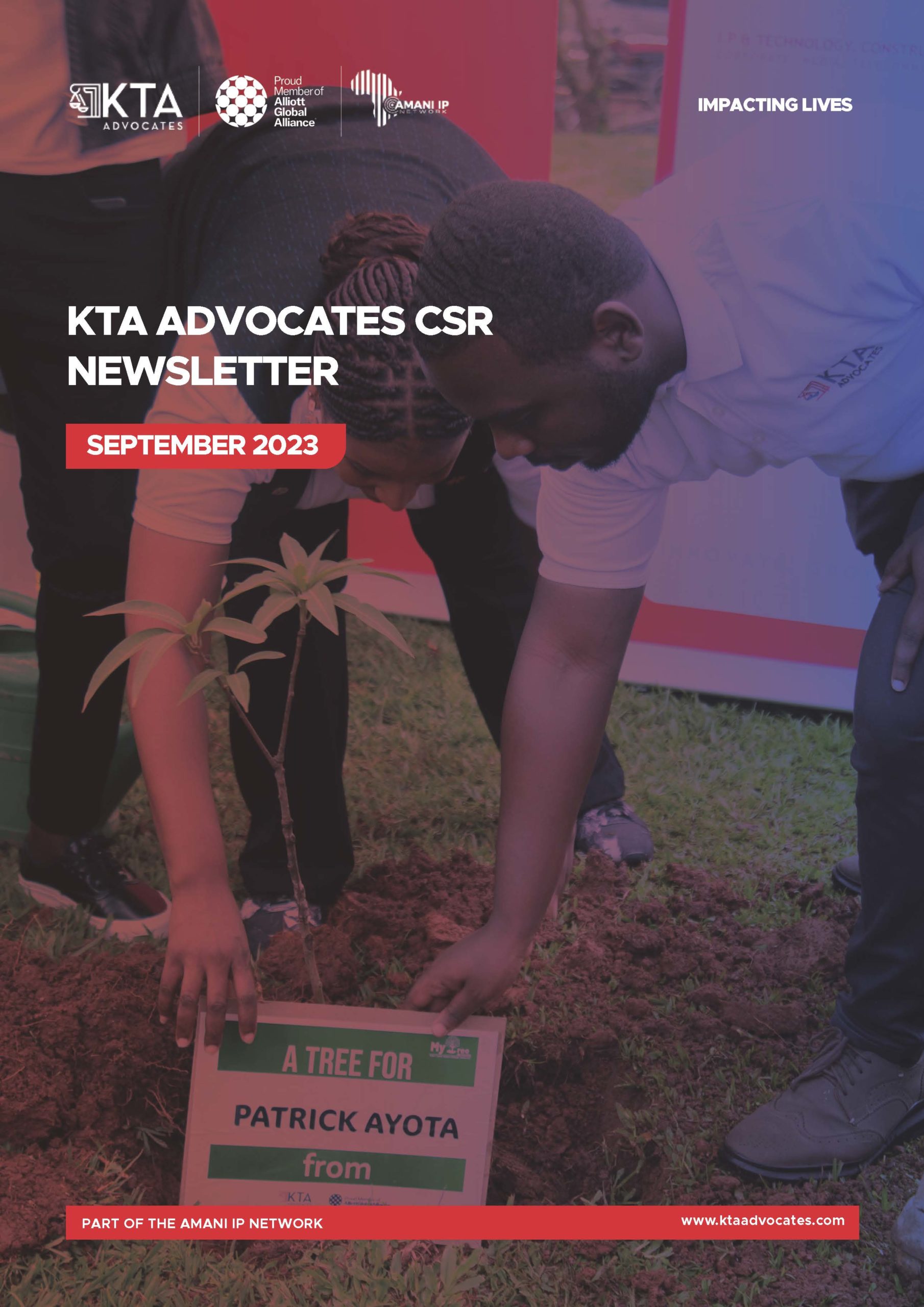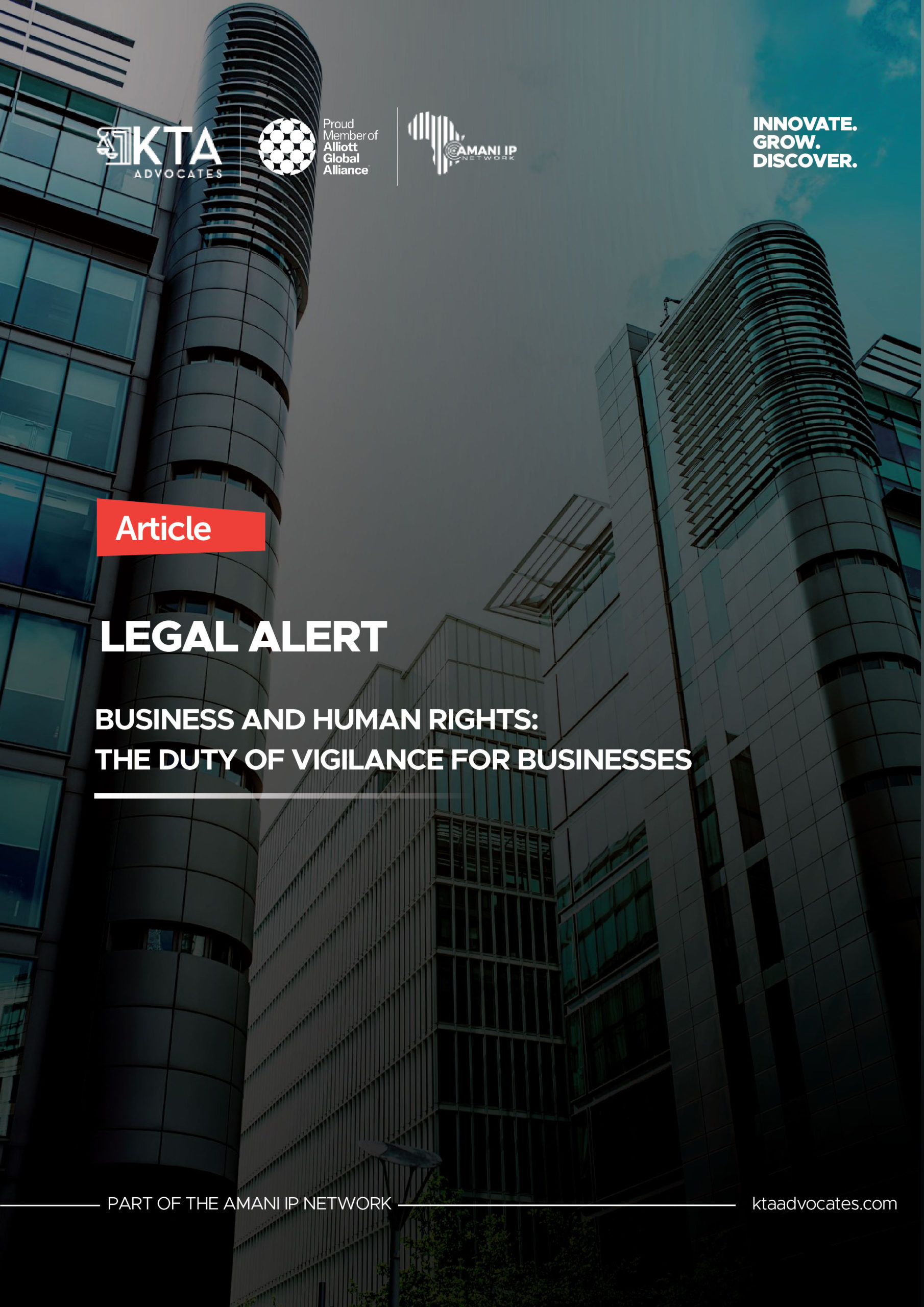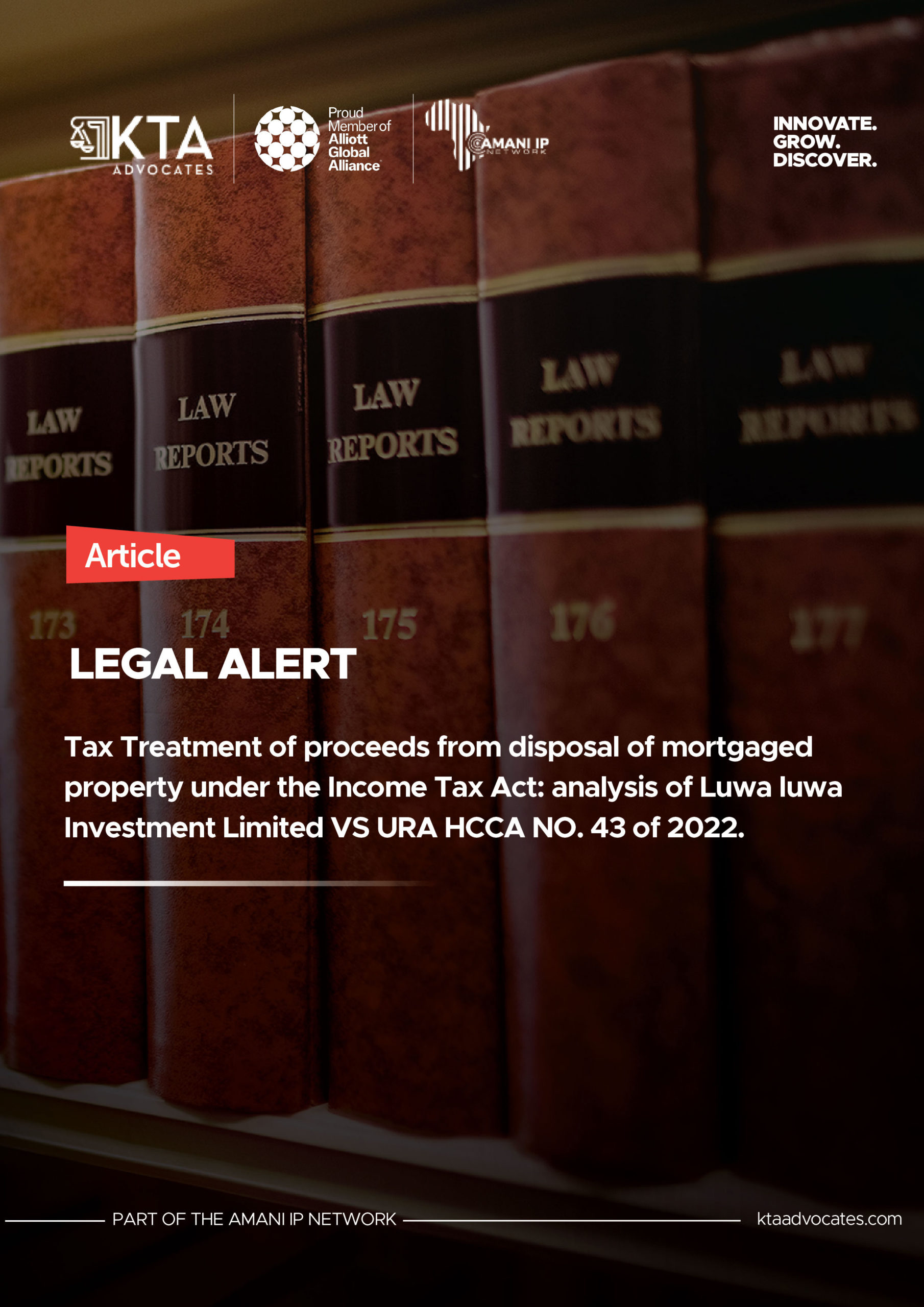A robust technology and startup ecosystem is a product of an intersection of various players. Technology in Uganda is experiencing the same. Various players are coming together to build it one brick at a time. Yet, it is on rare occasions that we do get to know the value and input of some.
This includes the law firms that build the legal foundation for these ecosystems.
Most of the time, it is the VC firms, Angel Investors and financial institutions we get to know. You can cite an example of Silicon Valley. One is more likely to know Andreessen Horowitz (a16z), a VC firm less than 9 years old than Cooley.
Although a16z has a couple of notable startups under its portfolio, its track record can’t rival Cooley’s.
Cooley, a Palo Alto-Headquartered law firm has Apple, Cisco, eBay, Facebook, Google/Alphabet, LinkedIn, Nvidia, Qualcomm, Snap, Twitter, Uber, Tesla, Space X, Nintendo and Sony – as some of its (current and former) notable clients.
The same is happening in Uganda. Two law firms – KTA Advocates and Bowmans – are becoming the go-to legal partners for technology companies. Especially multinationals entering Uganda.
In between them, they have Google, Mastercard, Eaton Towers, Jumia, Uber, Liquid Telecom, Stanbic Bank, Sauteez and others. It is a no-brainer that they can become the “Cooleys” of Uganda in the long-run.
With a track record of over 100 years in South Africa, it is understandable for Bowmans. Plus, most of the clients they get in Uganda can be traced back to links with their South African parent firm. Given that multinationals entering in Africa use South Africa as the landing point.
The above, coupled with a presence in South Africa, Kenya, Tanzania and Uganda, it is easier for them to lure these companies. Thus, it is no surprise that they have worked with Google, Uber, Eaton Towers, MasterCard and more.
But, it is a different story for KTA Advocates. Though Kenneth Muhangi, the MD, says that the firm has partners in several African countries, their operations are largely in Uganda.
Founded in 2014, the firm recently made four years. Yet, it has Jumia Group Uganda and Liquid Telecom under its belt. The firm is also tasked with advising Stanbic Bank on digital banking.
Kenneth credits this to the firm’s specialized knowledge in areas technology companies need.
“We have a very specialized practice and I head the Technology, Media & Telecommunications department, (TMT),” says Kenneth. “Clients choose us because of this specialization.”
A lecturer himself, Kenneth speaks confidently of their expertise and combined experience by the firm of 6 partners.
“In particular, I have written extensively on tech-related matters and I also teach the same,” he pointed out. Adding that, “I lecture at UCU and have conducted Tech related trainings to banks like Stanbic and Housing finance and to Uganda Law Society.”
Last year, KTA Advocates held an Innovation Colloquium at Kampala Serena Hotel. According to the firm, this was the first of its kind in Uganda. The aim of the event was to introduce “an infusion of the legal sector and Uganda’s fast growing ICT sector.”
Similarly, Bowmans Uganda has a team of 3 dedicated to TMT. This includes one partner, Brian Kalule and two associates, Silver Kayondo and Brian Manyire.
The firm also participated in Kampala Innovation Week in November last year. A move that can be looked at as the firm positioning itself at the centre of Uganda’s technology scene.
They also organized a “Fintech in Africa” Conference last year. Though in South Africa, delegates from Uganda Communications Commission attended the event.
Silver Kayondo also believes that they are able to attract the top companies and multinationals because of their team composition and speciality.
“I believe the top tech companies choose Bowmans/AF Mpanga Advocates due to the specialization and diversity of our team, which enables us to render legal advice that is not only technically/legally sound but also makes commercial/business sense,” says Silver Kayondo.
“We are ranked in Tier 1 as Uganda’s leading law firm by international law ranking agencies like Chambers, and IFLR 1000.”
Working with multinational companies comes with a lot of benefits. These may range from sharing of best practices to a better pay.
For Bowman’s, Silves cites the “development in knowledge and skills base due to the rigorous research undertaken while advising tech companies” as one of them.” He also pointed out “better pay, especially by the established Fortune 500 telecom companies” as well as “efficiency gains as a result of working on the latest technological developments.”
For Kenneth, the “opportunity to be at the forefront of the fastest growing industry in Uganda & the world” is everything his firm is gaining from all this.
But, there are downsides to this trend too. For example, law firms of their calibre charge in the range of $100 – $300 per hour for an associate. The amount could then go up by 2-3x for a partner. This is according to a person familiar with activities of law firms in Uganda. Though both Kenneth and Silver declined to divulge the details of how much they charge.
This fee is definitely high for a typical Ugandan. Implying that the knowledge and good practices they are gaining from won’t trickle down.
When asked if there’s a possibility of them to launch pro bono services to cater for startups, both said yes. Yet, added that they have tried it with disappointing results. Though maintaining an optimist attitude towards giving it a try in the future.
But, I doubt if this will be likely. Given that companies like Jumia and Uber are willing to write uninterrupted cheques.
SOURCE
These two law firms are at the forefront of technology in Uganda



